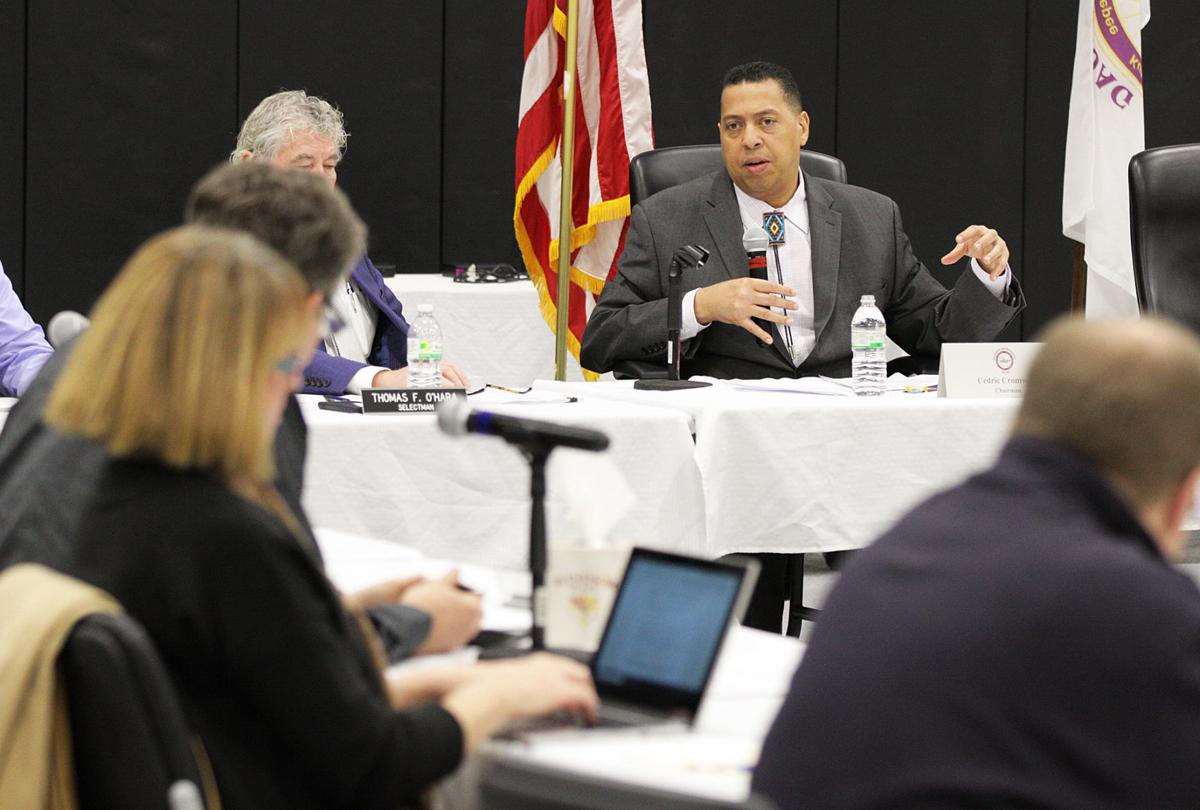Mashpee selectmen support legislation protecting Wampanoag land rights
The Board of Selectmen is formally backing federal legislation that aims to end an ongoing legal challenge to the Mashpee Wampanoag Tribe’s reservation, saying legal counsel for both governments have agreed to a town-proposed amendment to the bill.
On Monday, the board announced its support of the bill, which was introduced in March by U.S. Rep. William Keating, D-Mass., that seeks to reaffirm a 2015 decision by the U.S Department of Interior to take 171 acres in Mashpee and 150 acres in Taunton of tribal reservation land into trust. The legislation would also create statutory safeguards to bar future litigation on the matter in federal court. U.S. Sen. Edward Markey, D-Mass., has introduced the same bill in the Senate.
In a letter issued to the Senate Indian Affairs Committee and the House Natural Resources Committee, the town said it and the tribe have worked cooperatively to craft a minor proposed amendment to “further strengthen our agreement with each other.”
The two parties exchanged letters in recent days about the proposed bill after the town initially expressed reservations about it not including language concerning the Intergovernmental Agreement.
“The establishment of the Mashpee Wampanoag reservation in 2015 was very long overdue, and we feel strongly that this legislation is needed to protect that reservation,” the letter states.
Tribal leadership could not be reached for comment.
“Their attorneys have represented to our attorneys that tribal council is in agreement with this language,” said Selectman Andrew Gottlieb.
The congressional action is intended as a fix to a 2009 Supreme Court decision, known as Carcieri v. Salazar, that ruled the secretary of the Interior Department could not take land into trust for tribes that were not under federal jurisdiction before 1934.
The status of the tribe’s land was placed in limbo after Taunton neighbors of a proposed casino project successfully sued the Interior Department, and U.S District Court Judge William Young remanded the original 2015 decision to take the land into trust back to the federal agency for further deliberation.
By Tanner Stening - Cape Cod Times



